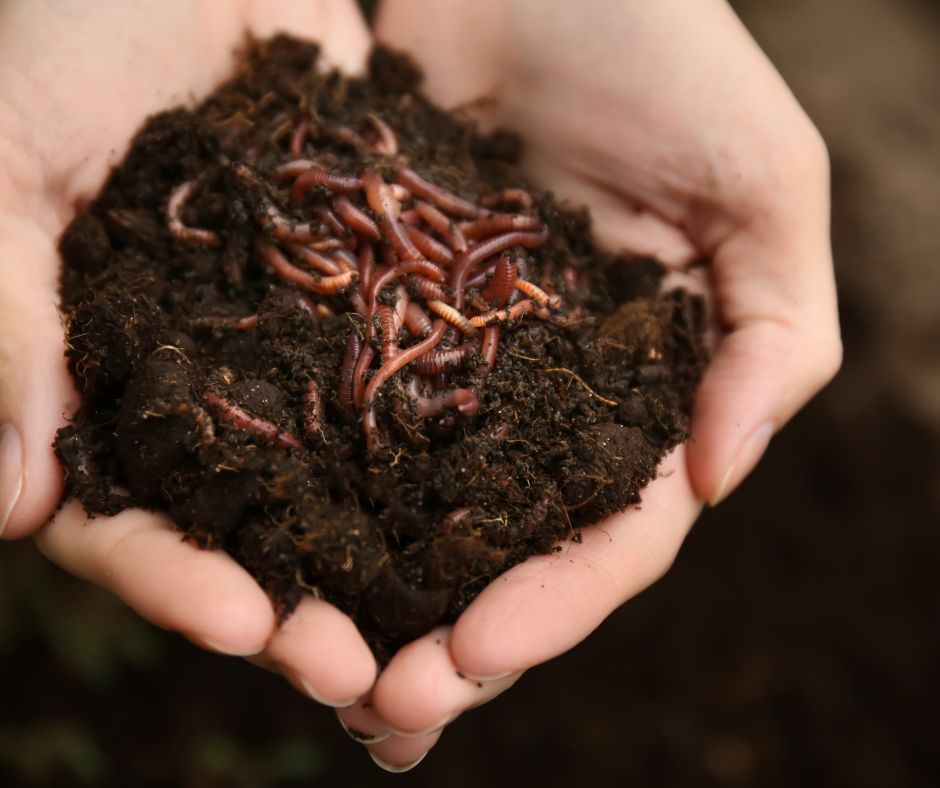When it comes to recycling soil, there are many benefits that come along with it. For one, recycling soil can help to reduce the amount of waste that is produced each year. Furthermore, it can also help to improve the quality of the soil itself. Finally, recycling soil can also help to conserve resources. When it comes to reducing waste, recycling soil is a great way to do so. Every year, millions of tons of waste are produced from landfills and other sources. However, by recycling soil, this waste can be reduced significantly. In addition to reducing waste, recycling soil can also help to improve the quality of the soil itself. This is because when organic materials decompose, they release nutrients back into the earth which helps to improve its fertility.
Tips for Recycling Soil
First, it’s important to choose the right type of soil for your project. If you’re looking to recycle soil from an existing garden bed, it’s best to use topsoil or compost. These types of soils are rich in nutrients and will help your plants grow healthy and strong. If you’re starting a new garden bed from scratch, you can use recycled fill dirt or subsoil. Fill dirt and subsoil are less nutrient-rich than topsoil, but they can still provide a good foundation for growing plants.
Second, make sure to properly prepare the soil before you begin planting. If you have a lot of heavy material like rocks or roots, you’ll need to remove it first. If you reuse soil that was previously used to grow plants, make sure there aren’t any harmful chemicals or other potentially dangerous substances mixed in. If your soil is particularly rocky, you may want to add some topsoil or other high-quality soil before planting. If your soil is sandy, you can use compost or peat moss to help add nutrients and improve consistency. Once you’ve prepared the soil, you can begin planting your garden. If you redoing an entire garden, make sure to mix in some fertilizer and seeds throughout the area. If you want to plant specific types of plants, then you can dig out holes for each one.
Lastly, be sure to recycle any leftover soil. If you’re creating a container garden, you’ll need to start with potting soil. If your existing soil is already good to go, great! You can use that instead.
Conclusion
In conclusion, recycling soil is a great way to reduce waste and help the environment. It is important to remember to compost food scraps and other organic materials before adding them to your recycling bin. By following these simple steps, you can make a big difference in the world. Reach out to our team of skip bin hire experts today to explore how we can offer our assistance!

